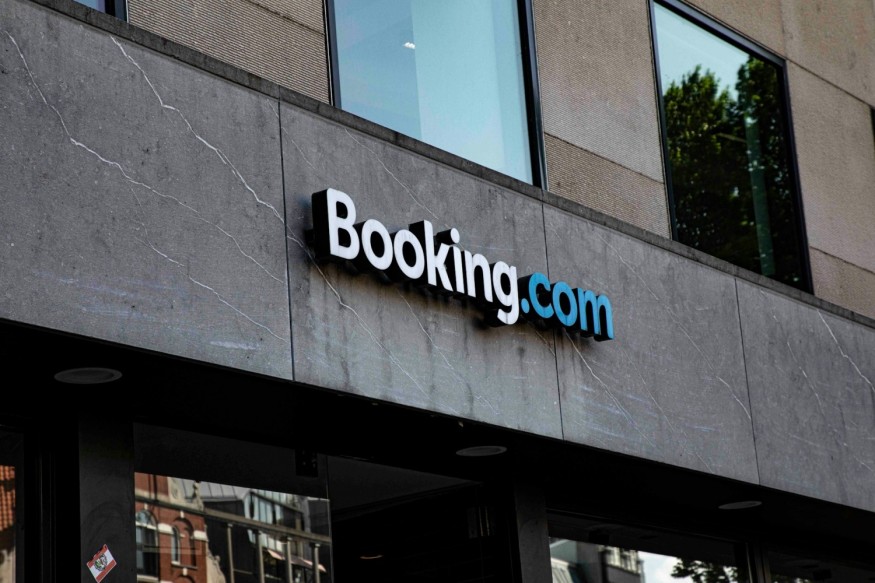Booking.com, a global leader in travel accommodations, recently launched a new advertising campaign featuring well-known actress Tina Fey. The campaign, which will air during the "big game" on Feb. 11, encourages travelers to explore different facets of their personalities through various travel destinations.

Booking.com Launches New Ad Campaign with Tina Fey
The campaign's theme is about choosing who you want to be on vacation. It highlights the vast range of accommodations available on Booking.com, from hotels and vacation rentals to unique properties.
According to Breaking News Travel, the ads feature Tina Fey in various roles, such as a sasquatch and an influencer, to demonstrate the different experiences available through Booking.com. Additionally, the campaign includes appearances by actors Glenn Close, Jane Krakowski, and Jack McBrayer.
Developed by Zulu Alpha Kilo and managed by Mindshare for media strategy, the campaign consists of several commercials, including a 30-second and a 15-second version, and an extended 90-second version of the "big game" ad. These commercials will be aired on TV, including prime time slots, and will also be available on online and social channels.
Arjan Dijk, Senior Vice President and Chief Marketing Officer at Booking.com, states that the campaign aims to make experiencing the world easier for everyone. He mentions that the creative use of Tina Fey and other actors helps convey the message in a fun and optimistic way.
This campaign comes at a time when 64% of travelers feel more empowered while on vacation, often embracing a travel alter-ego. Booking.com offers a wide variety of places to stay, including city hotels, beach houses, cabins, treehouses, apartments, and tiny homes, allowing travelers to experience new personas with each trip.
Booking.com Scams Surge by 580% in Australia
Scams involving Booking.com have seen a dramatic increase in Australia, with reports soaring by over 580% last year.
The Australian Competition and Consumer Commission (ACCC) noted that 363 scam cases mentioning Booking.com were reported in 2023, a significant jump from just 53 cases in the previous year. These scams led to total losses exceeding $337,000, as per The Guardian.
According to a spokesperson from Booking.com, some of their accommodation partners received phishing emails aimed at hijacking their computer systems. In some instances, this allowed scammers to access the partners' Booking.com accounts and impersonate them to communicate with guests. The spokesperson emphasized that this was a limited issue and did not reflect a breach in Booking.com's main systems.
The ACCC advises users of Booking.com to independently verify any suspicious emails or messages that ask for personal or financial information. Real Booking.com staff will never ask for account passwords or credit card details over the phone. Users should also directly contact hotels to confirm details rather than relying on information provided in emails or texts.
For added security, the ACCC recommends using the Booking.com app for account access and enabling two-factor authentication. This surge in scams is part of a larger trend in Australia, where a record $3.1 billion was lost to scams in 2022. The Consumer Action Law Centre has expressed concern over the increasing sophistication of these scams, making them harder for consumers to identify and avoid.
This article is copyrighted by Travelers Today, the travel news leader




